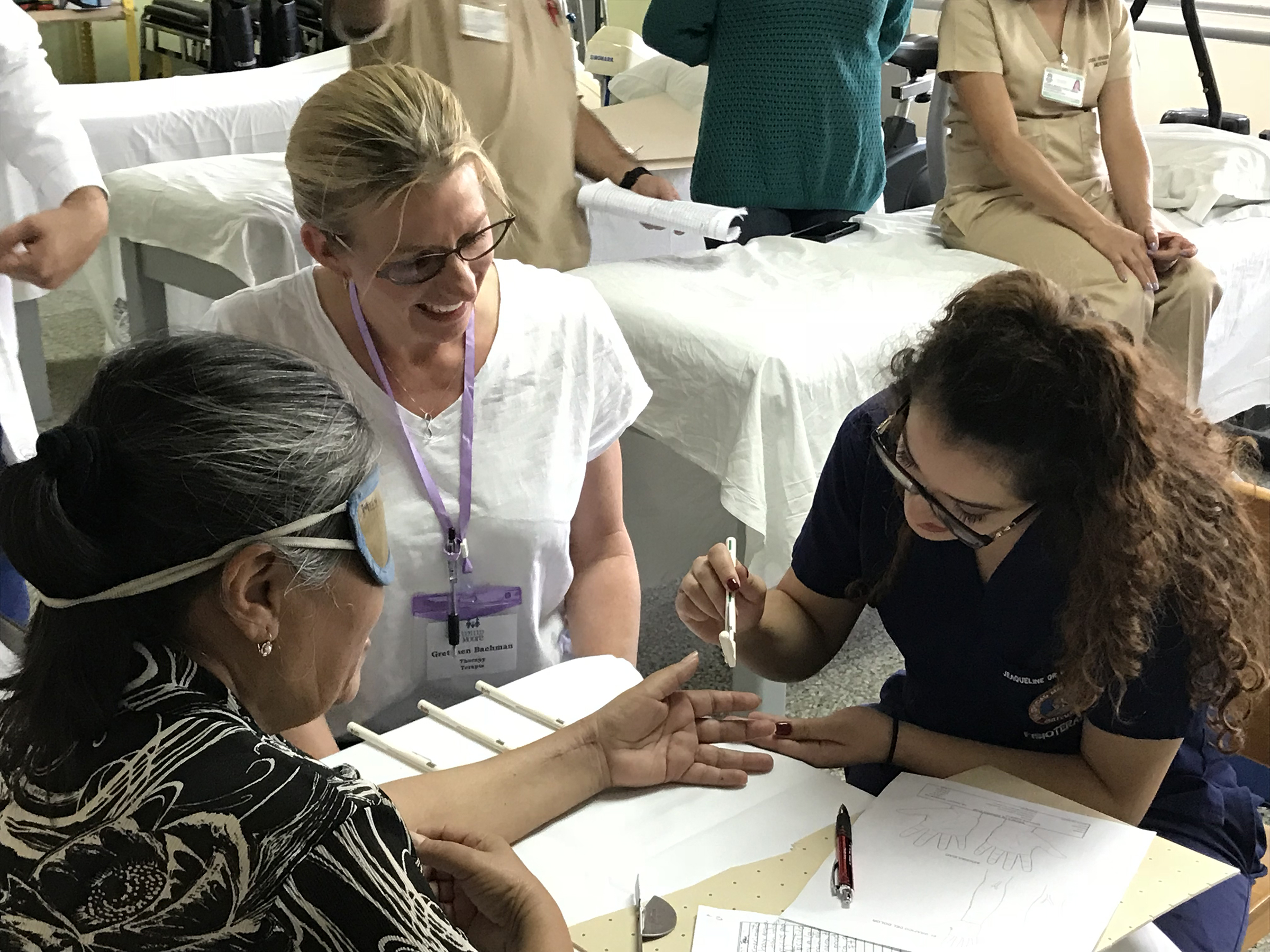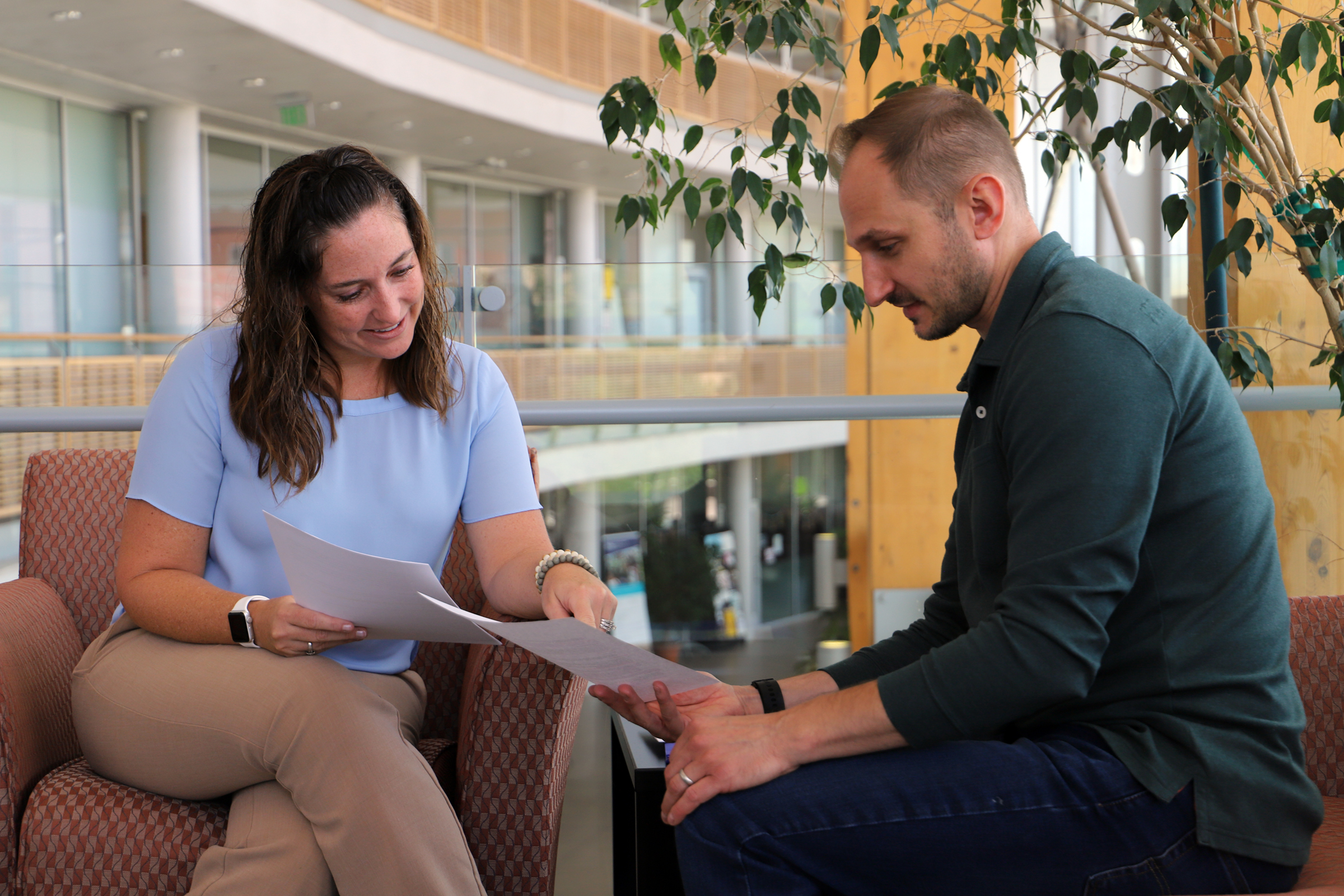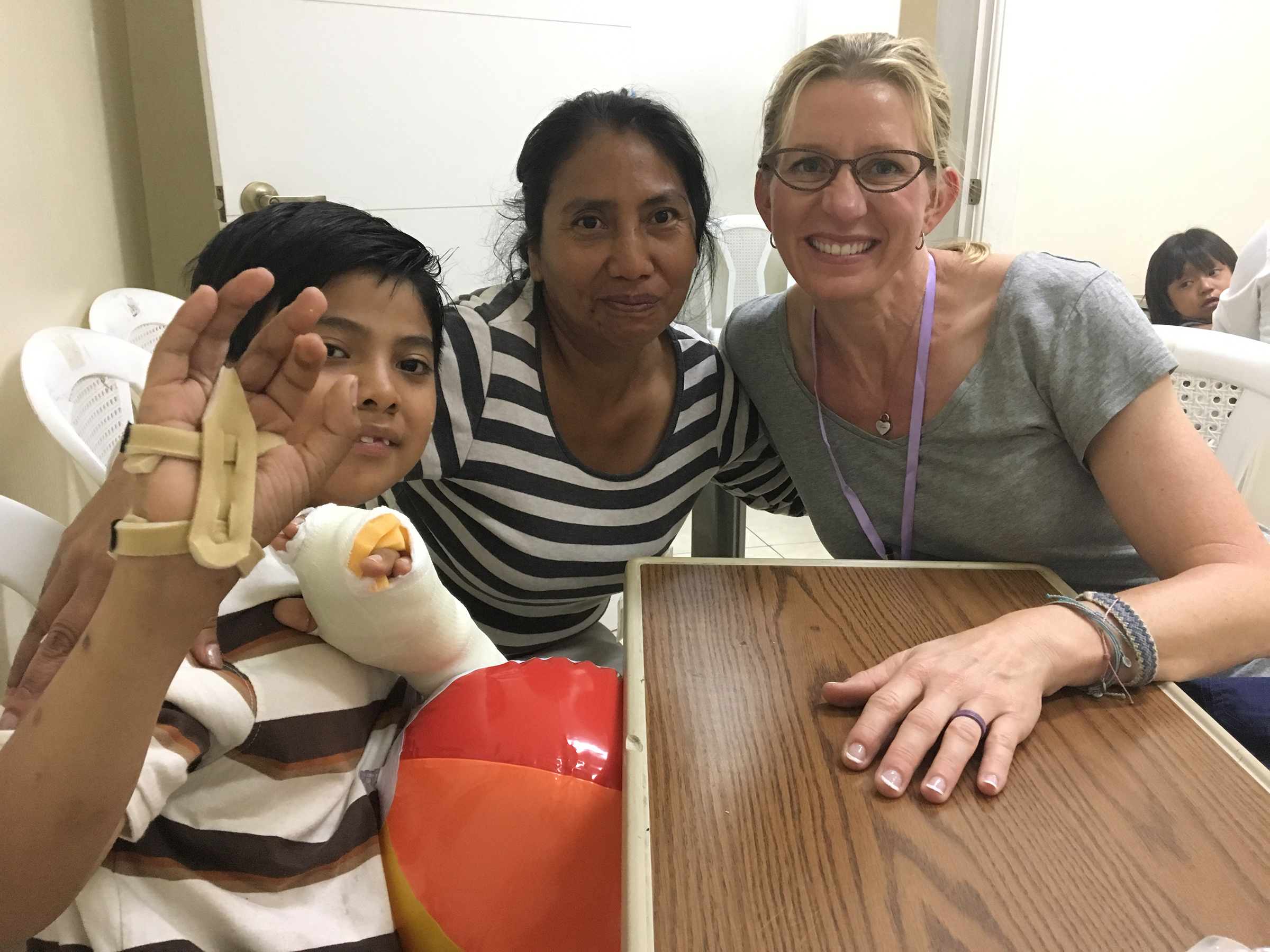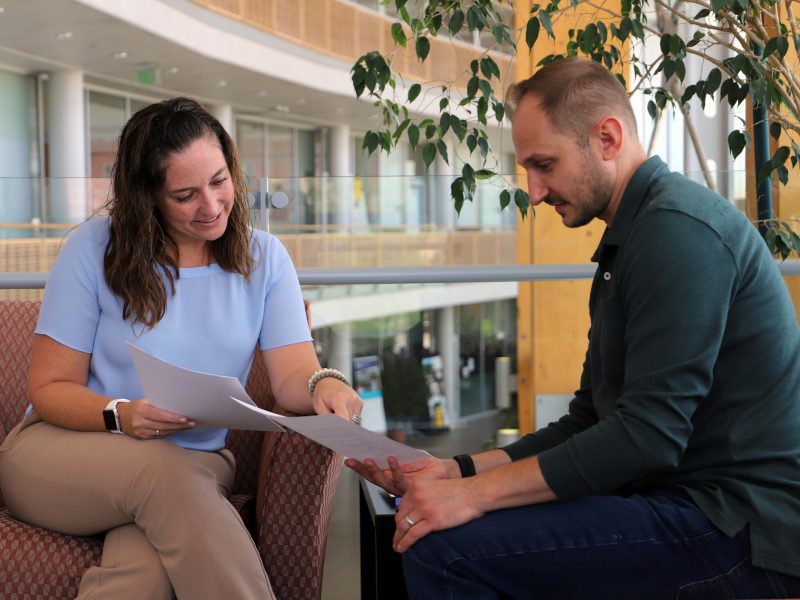Technical Assistance Group offers much-needed technological expertise to NAU faculty across all 22 campuses

When Gretchen Bachman needed expert assistance with six of her publications in different technological areas, she turned to the Center for Health Equity Research (CHER) Technical Assistance Group (TAG).
TAG is a service center designed for NAU faculty, graduate students and postdoctoral scholars who need assistance with any phase of their research projects.
Bachman is an assistant clinical professor in NAU’s Department of Occupational Therapy located on the Phoenix Bioscience Core campus and she learned about TAG from a colleague. Since working with TAG, Bachman has completed several of her outstanding publications and others are already nearing the submission phase.
“TAG is an amazing resource that I feel fortunate to have at NAU,” Bachman said.
Now entering its second year, the TAG has already handled 46 requests ranging from data collection, instrument development and analytic analyses to manuscript and proposal development.
TAG brings together a multidisciplinary group of 16 NAU experts who specialize in technological analysis and systems to provide services that include:
- Statistical analyses, including research design; quantitative methodologies; epidemiological analyses; longitudinal modeling; causal analysis; honest broker operations; and inferential statistics.
- Qualitative methods and analyses, including community-based participatory design; social network analyses; interview guide development; and qualitative analyses.
- Machine learning, such as big data analysis, visualization and optimization algorithms.
- Geographic Information Systems, such as spatial analyses, spatial data management and integration, and map design.
- Software utilization, such as REDCap, Qualtrics, NVivo, Atlas.ti, SAS, SPSS, R, Python, ArcGIS, QGIS.
Accessing the TAG service center

To start her projects, Bachman first went to the TAG website and submitted a service request. Monica Lininger, TAG director and associate professor in the NAU Department of Physical Therapy and Athletic Training, assigned Bachman to a team member that aligned with her needs.
“The team within the TAG partners with faculty and staff across the university to assist with areas of research in which individuals might not have the expertise,” Lininger said. “Faculty and staff are experts in their field but might need help with methods, analytic procedures, or manuscript development. We are here to help.”
So far, Bachman has worked with Lininger, Indrakshi Roy, CHER biostatistician, and Mark Remiker, CHER senior research coordinator.
“We would communicate and meet based upon the needs of the [respective] project,” Bachman said of her TAG support experts. “Everyone is incredibly easy to work with and helped walk me through the steps where I needed support. I keep learning every time.”
She said the first research project she worked on with members of the TAG-SC was to create a model to assess the psychometric properties of a cross-cultural adaptation of a commonly used upper extremity functional scale called the Disabilities of Arm, Shoulder, and Hand Outcome Measure.
“This outcome measure is now adapted and available for use across the world and in Spanish for Mexico, and the manuscript [about the scale] is now in process,” she said.
Bachman also needed assistance in developing a method to analyze and score results from a Qualtrics survey that would assist her team with the refinement and usability of a study examining the relationship between sensory processing and complex regional pain syndrome.
“I am working with [specialists from the] TAG now; they are helping to analyze the data now that the survey has closed,” Bachman said.
She has also gotten assistance from TAG with manuscript revisions, analysis of Medicare data sets, and other data analysis assistance.

“Each of my projects was 100% helped by the assistance that I received through TAG,” Bachman said. “I sat on a few of my projects because I was stuck and didn’t have an outlet to move them forward. TAG helped to catapult my projects forward and all will now be completed!”
She said she is now starting a project where she and her co-investigators will assess educational modules related to diversity, equity, inclusion and justice in clinical occupational therapy practice.
“As we develop our assessments, I may reach out to TAG for assistance or perhaps to establish best strategies in study design and survey creation that will help guide our future efforts,” Bachman said about her newest project.
Learn more about TAG or to submit a request.
